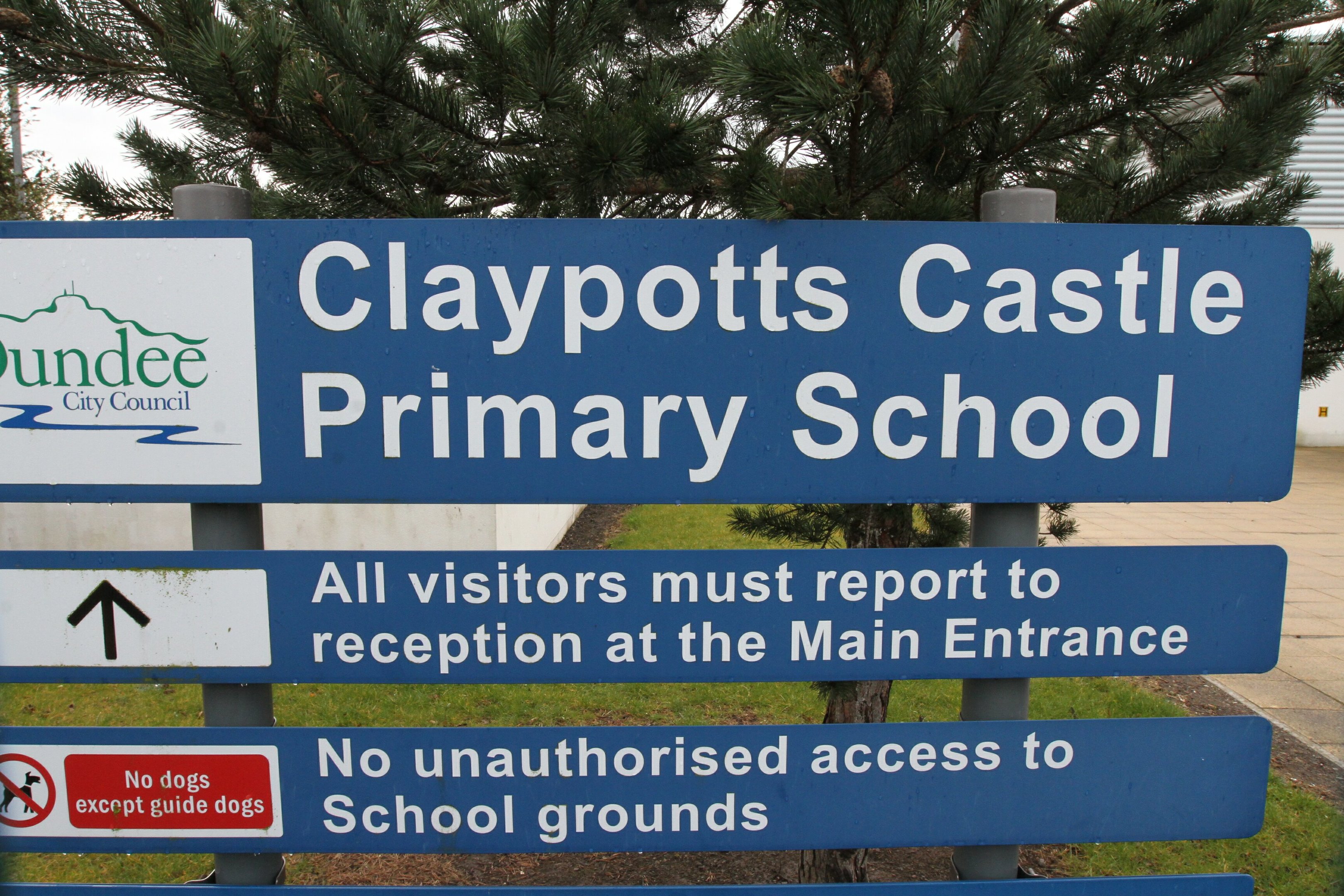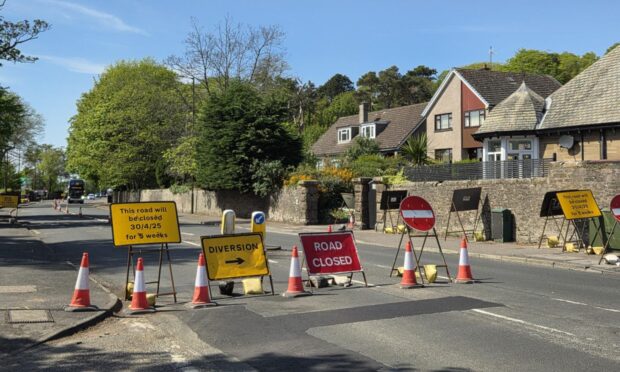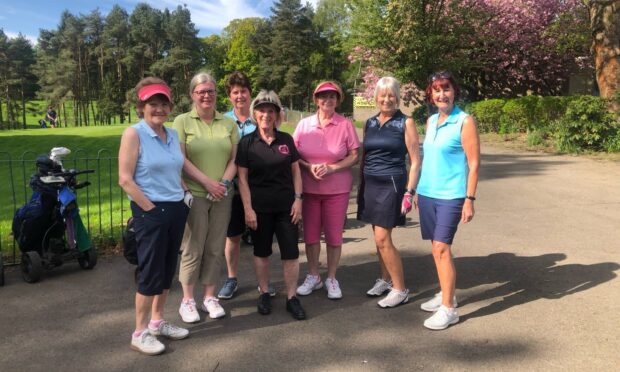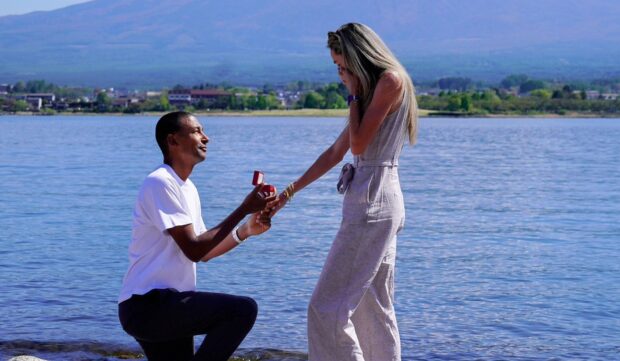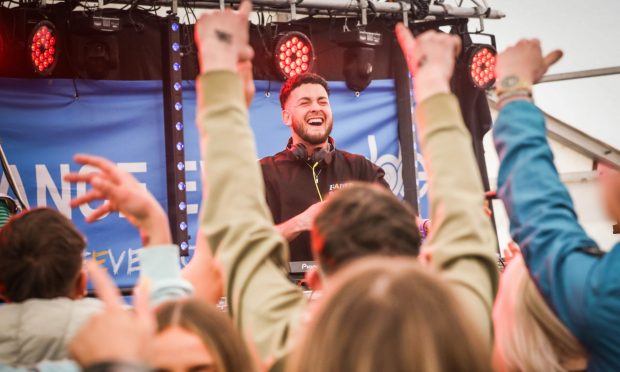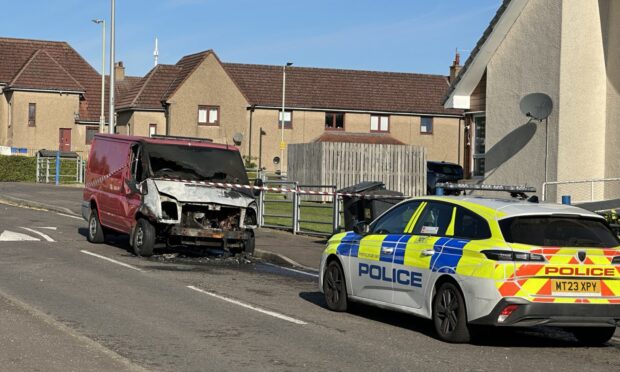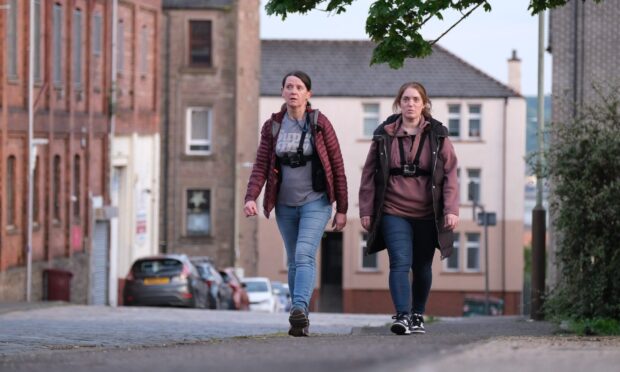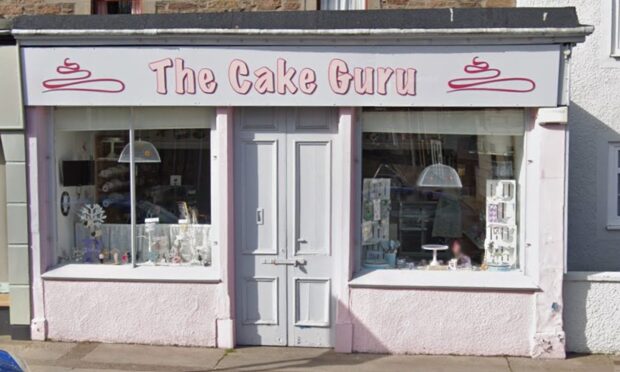Seeds which spent time on the International Space Station have been cultivated under the watchful eyes of Dundee school pupils.
Children from primary six at Claypotts Castle Primary School were selected to grow seeds from two different packets, one coloured red, and the other blue.
The pupils were kept in the dark as to which packet had spent time on the International Space Station until last week, when British astronaut Tim Peake revealed that the blue packets had been the seeds that he had with him in to space.
The seeds were grown on Earth, in the classroom, under equal conditions for a period of 35 days as part of a nationwide experiment conducted by the Royal Horticultural Society (RHS) and the UK Space Agency.
A total of eight trays of seeds were planted, four trays from the blue packet and four trays from the red, with 25 seeds planted in each.
Pupils made predictions on what they thought the plants would grow like, with some concerned that “cosmic radiation” might have affected the seeds in some way.
Mark Small predicted that there would be no difference between the seeds, and thought they would grow at the same rate.
Keraleigh Simpson was most concerned that the lack of gravity on the ISS could adversely affect how the plants would take root, and theorised that “the seeds from space will grow faster because micro gravity might poison them.”
Crawford Haig thought the seeds from space would grow faster “because if a human goes to space and comes back down to Earth I am sure they will grow faster.”
Mrs Jen Mitchell, the teacher who led the experiment, said: “The space seed programme brought scientific experiments to life for the children and showed them how important numeracy is within the sciences.”
During the 35-day experiment, the pupils had to take a series of measurements, ranging from first germination date to what percentage of the seeds had survived.
The seeds that had spent time in space, from the blue packet, appear to have grown at a faster rate, but it is unclear whether or not this is because they travelled through the cosmos or not.
A spokesperson for RHS said that the data from all of the school experiments is currently being compiled and analysed, and will be published in September.
Pupils from at St Luke’s and St Matthews primary school were also chosen to grow the seeds as part of the nationwide experiment.
